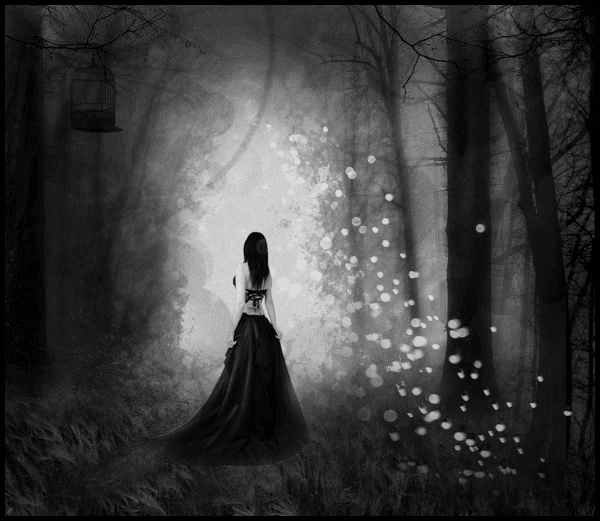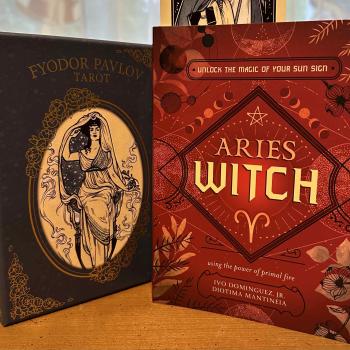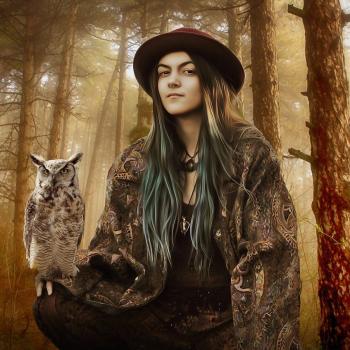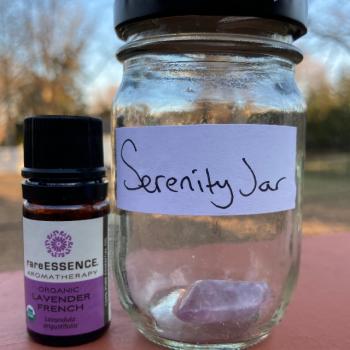I invoke the goddess. A subtle wind blows, sending chills that tickle my spine. My heart seems to swell and glow, and my throat goes numb. The timeless flow is upon me again. I am transcendent.
And yet, to other people, these experiences sound like indigestion and weather phenomena.
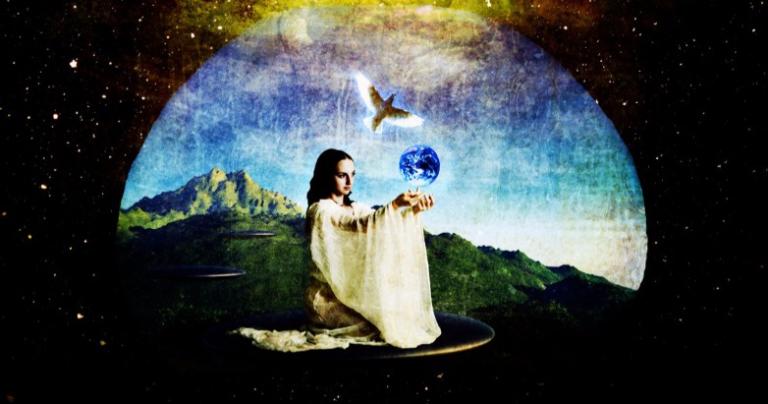
Who hasn’t felt a divine touch while in ritual or while meditating? Who among us hasn’t seen or heard something that wasn’t there? And yet, when it comes down to actual detectable physical reality, these signs may mean little to nothing. If someone attempted to replicate my emotions and sensations in an experiment, they would probably not produce repeatable data in a non-believer. Even though I really felt all those things, the man in the lab coat didn’t feel anything.
Who is right? Me or him?
I’m inclined to believe that spiritual experiences are products of personal perception rather than factual experience. The problem with wanting definitive, scientific proof of spiritual experiences is that whatever we experience is real to us. It’s our perception that is important.
For example, seeing ghosts from the corner of my eye, seeing a point of light hanging in the air, meeting Baba Yaga in a dream, or embracing Lakshmi in a guided mediation that brought me to tears. The fact that the ‘real world’ doesn’t see these as ‘real’ doesn’t make them any less meaningful to me.
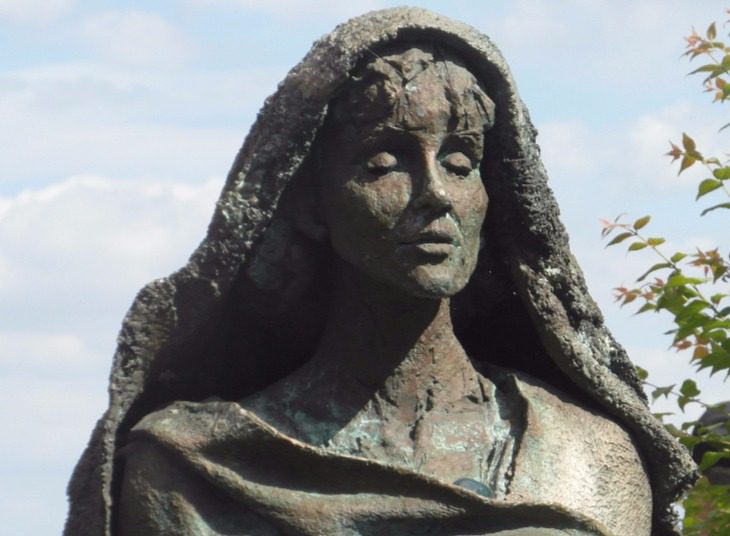
Even though I’m a scientist, I don’t see personal perception as less than factual experience. Just because science and spirituality don’t always connect in a concrete manner doesn’t mean spirituality is deficient. It’s simply more mysterious, more elusive.
I believe the willful misunderstanding of spiritual experiences most likely stems from the concept of consensus reality. Consensus reality is defined as whatever most people in a society agree upon, as far as what’s real or proper. Common experiences lead to expectations about what can and can’t happen, or how people should or shouldn’t behave.
Think about your culture. Do most people believe that reality is a certain way – that men and boys behave this way, and women and girls behave that way; that good people do this, and only bad people do that; that young people are the only ones who can do this, and old people are this way…
Are you starting to see loopholes yet? The gray areas of non-conformists multiply with each delineation. If you’re different from the norm, or are sensitive to energy, you probably already experience other realities.
Here’s another example. When we’re children, the world is quite different. We make drawings of people who aren’t there. We use colors in strange and incomprehensible ways. Maybe we have imaginary friends. I personally saw some really weird stuff happen when I was a child that I can’t explain as a (somewhat) rational adult. Maybe you did, too.
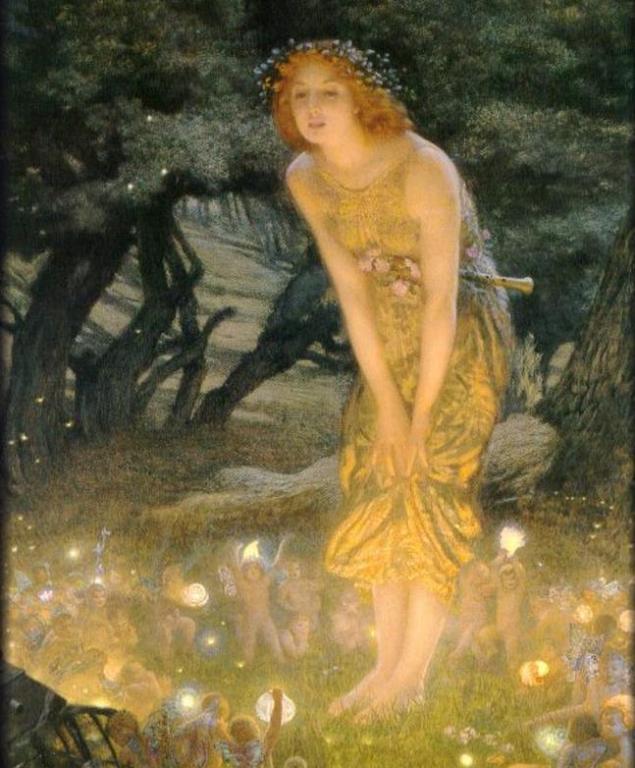
Children experience a whole other world, but they’re usually taught to fit into consensus reality, almost constantly. Stop talking to your imaginary friend. Stop saying you’re my grandfather. Stop coloring me green.
Eventually, some people raised in consensus reality start to find it too small and limiting. It feels cramped, oppressive. What happens when we reject that reality?
“Somewhere beyond right and wrong, there is a garden. I will meet you there.”
— Jalaluddin Rumi
Back when society was nothing more than groups of tribes, we were more connected to nature, our elders, and the mystics. Society nowadays is more fragmented and isolated than ever before, and there are so many more expectations about the way things should be.
Yet, still, we hear that spiritual song inside of ourselves and make our way to each other. We share our experiences. We find commonality and share ancient mysticism or modern spirituality. We find confirmation of our spiritual experiences. We make our own realities, and in them, we find our bliss.
To answer the question, ‘what is a real spiritual experience?’ I’d like to say it was all real to me. All of my spiritual experiences are firmly lodged in my heart — I felt every moment with my body and soul. I trust my own sensations, and I trust yours too. We define our spiritual experiences with what we feel in our hearts.
Science can’t explain everything yet. The connection between science and spirit may never be proven, or I may be a crone when it happens. I hope I live to see it. But until that time, I am content to live as my soul tells me – outside of consensus reality, with my treasured, real, spiritual experiences.
